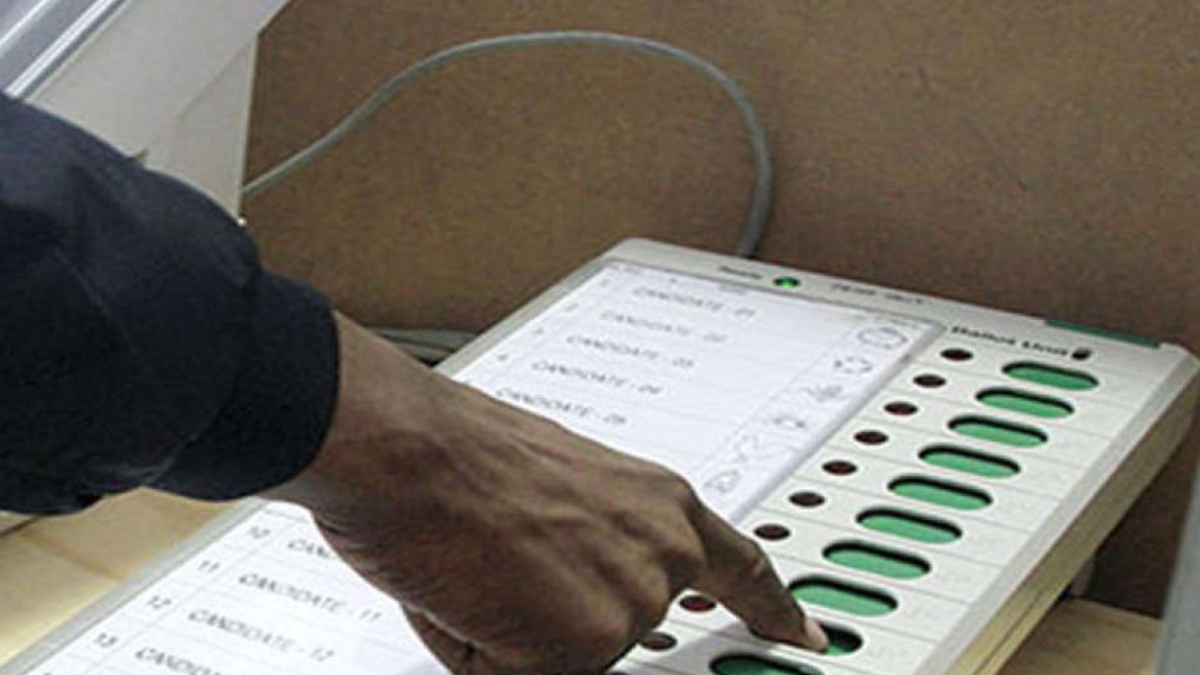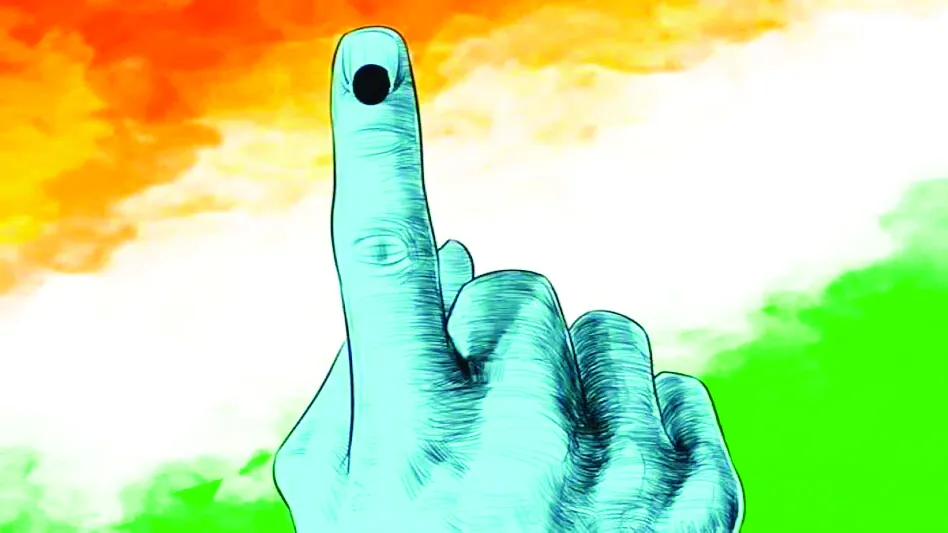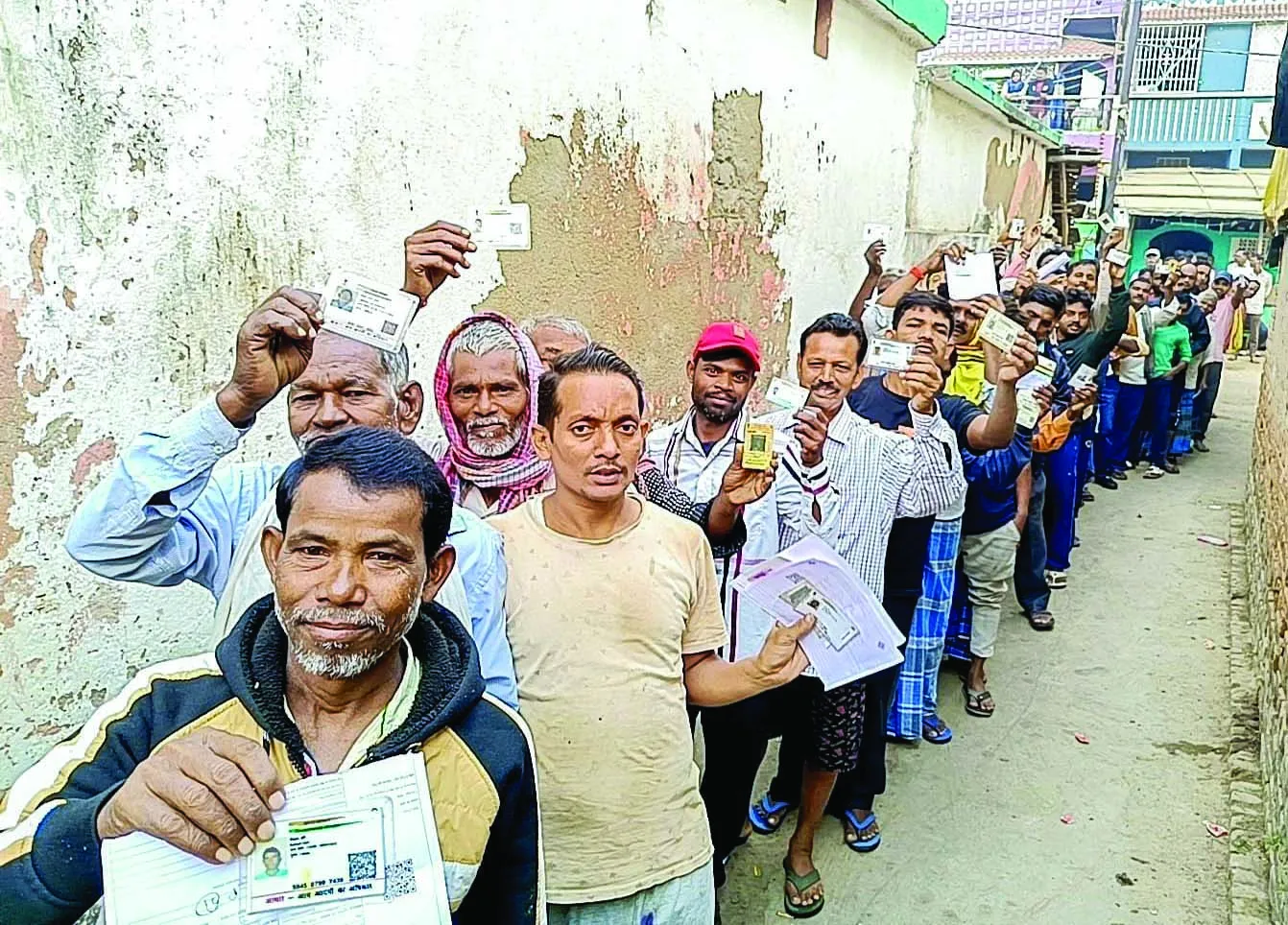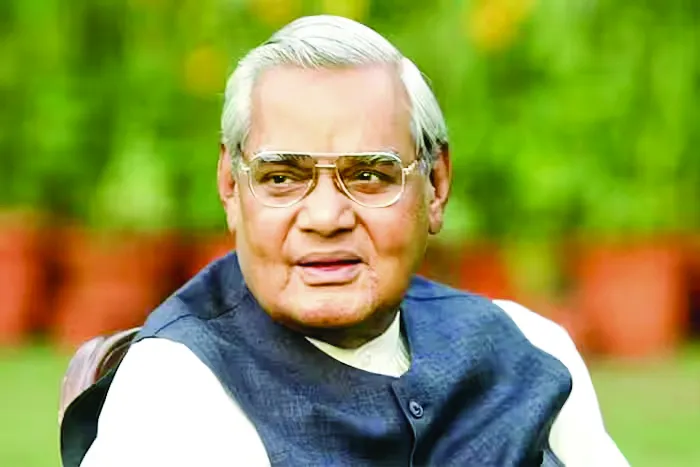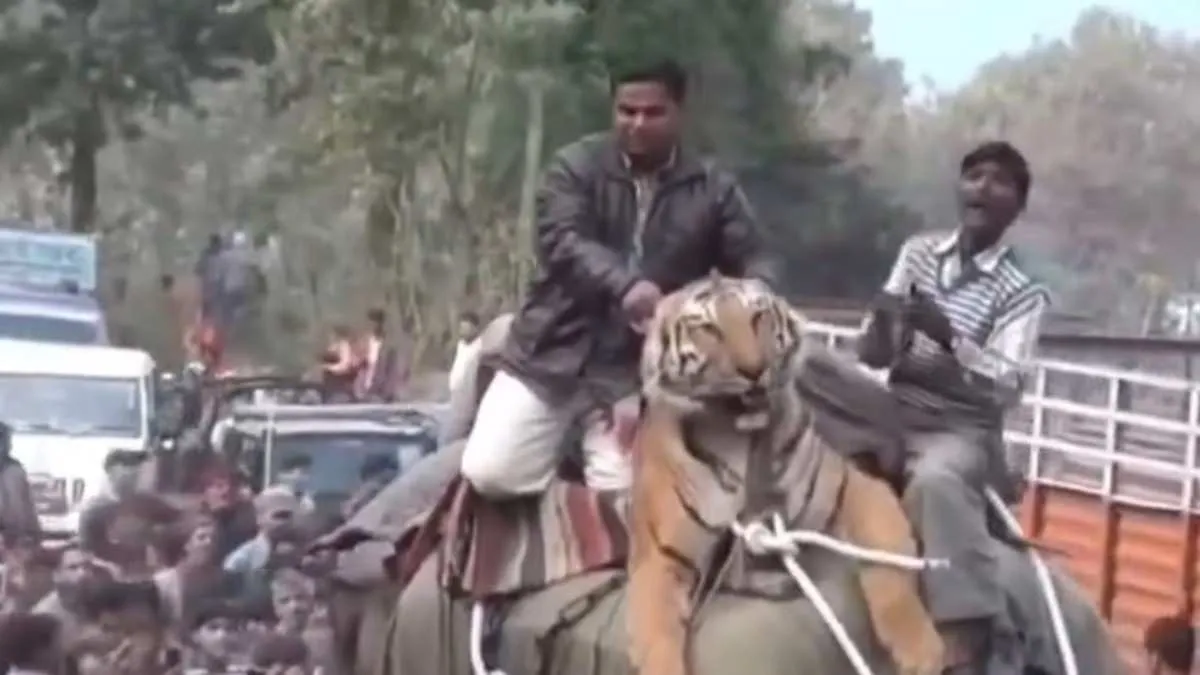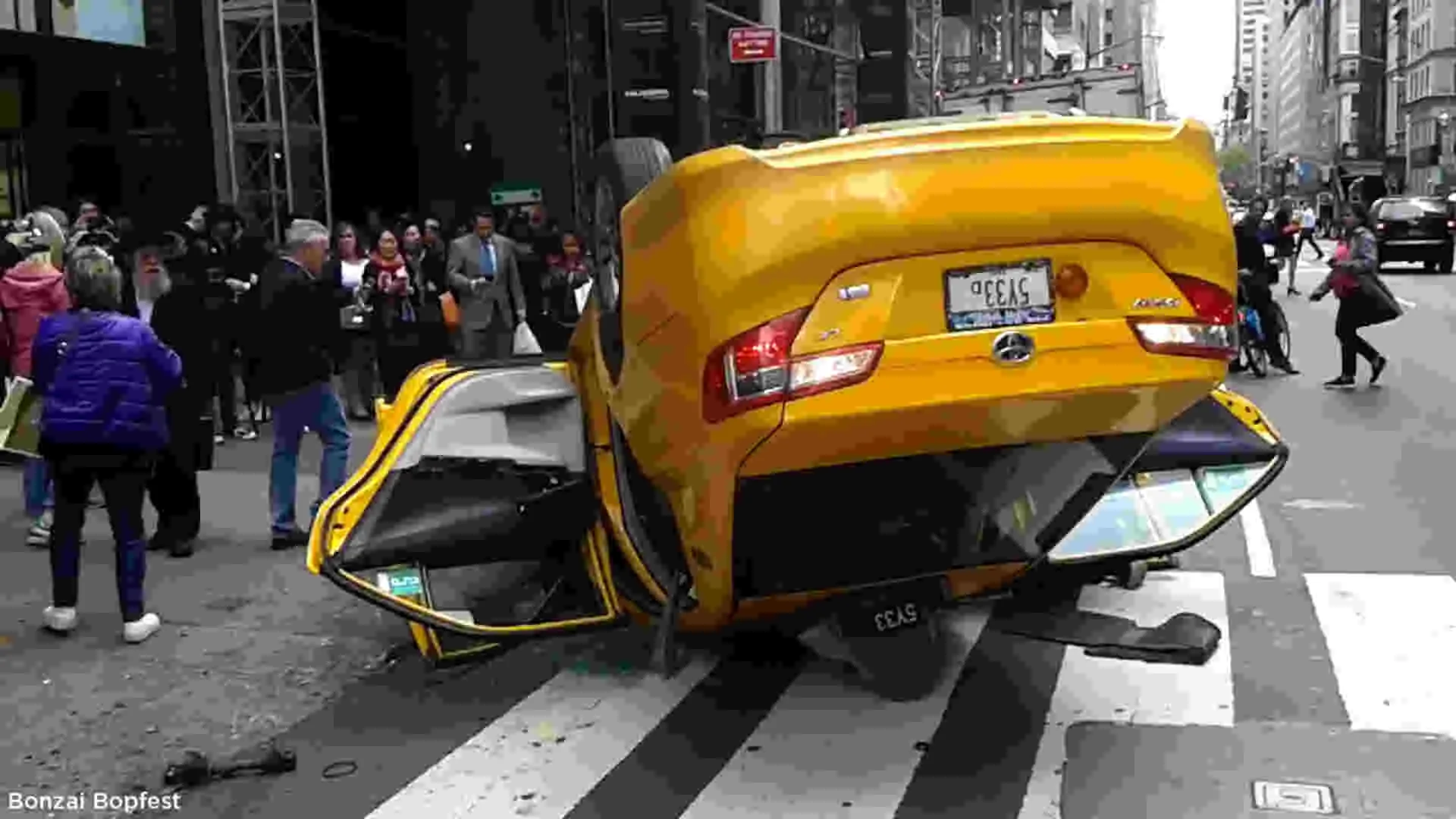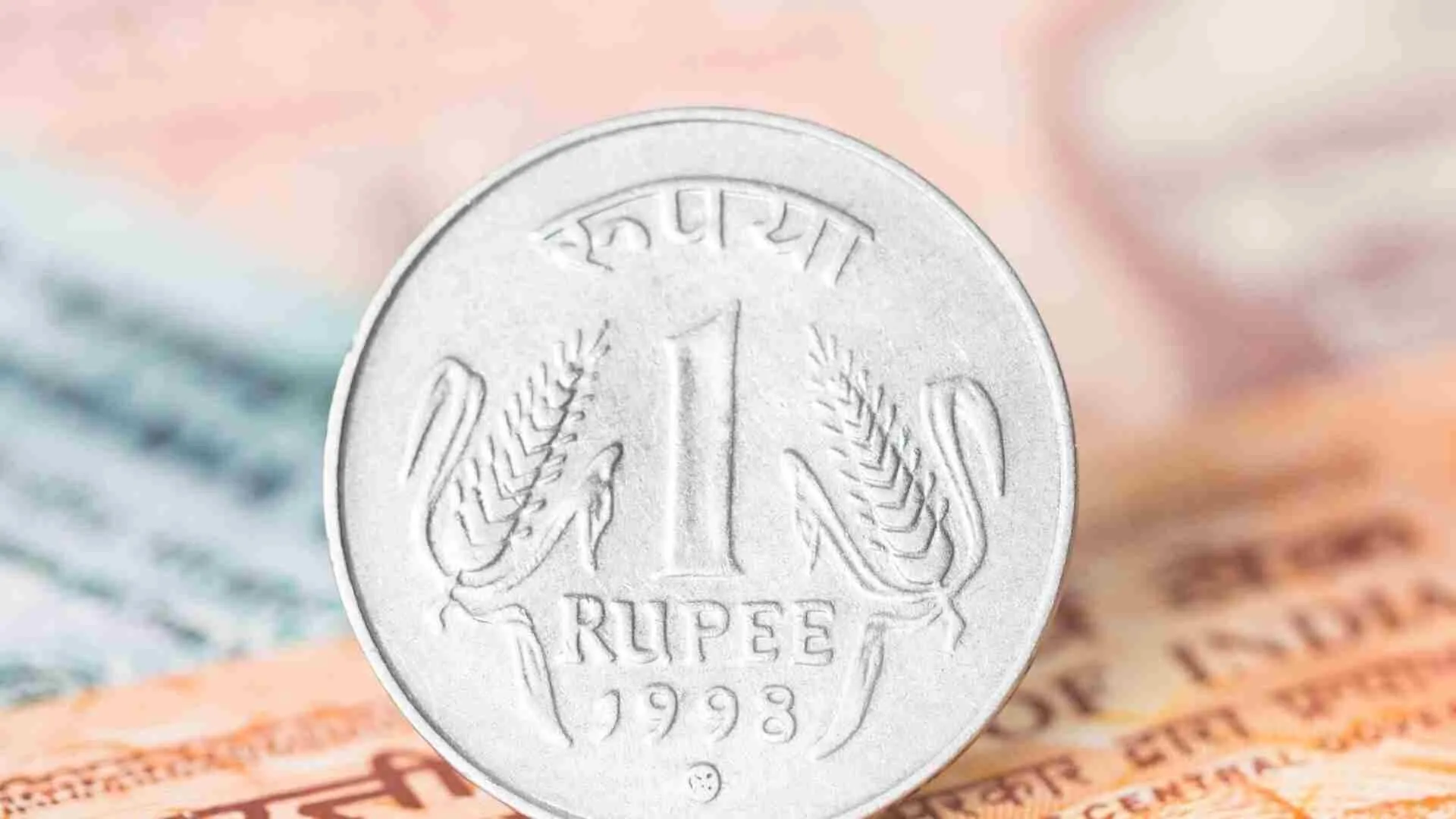When you have the narrative of fear, all other considerations such as caste and religious divide would lose their relevance while deciding the shape of politics. Uttar Pradesh elections are witnessing this phenomenon, not as an undercurrent but a storm on the surface that can hardly be missed.
The state goes for the first phase of polling on Wednesday (10 February). All the 58 assembly seats fall in the dominant Jat areas which are together fashionably referred to by analysts as Jatlands. Akhilesh Yadav of the Samajwadi Party has formed an alliance with the Rashtriya Lok Dal (RLD) led by Jayant Chaudhary in the hope that Jats would vote as one for this alliance and try to defeat the BJP which was voted overwhelmingly in the 2017 assembly elections.
Added to this alliance is the support of farmer leader Rakesh Tikait who got sizeable support to his farm agitation from this part of the country besides Punjab and Haryana. Tikait’s place Muzaffarnagar also goes to the polls in this phase. Most of the districts in this phase have a sizeable Muslim population.
Political pundits who oppose the BJP are using these as factors to show that the BJP is not going to do well. But this is based on the assumption that parties identified with a caste would get full support of that caste and various parties joining hands would mean the caste groupings joining hands as well. The ground situation may completely be different. The caste-based analysis must give way to the new factors that have emerged. Many times, the interests of leaders and the people they claim to represent come into conflict.
Let us grant that all parties try to balance caste equations to be politically relevant. A party like the BJP which has an all-India strong presence cannot afford to be identified with one caste or the other. At the same time, it cannot ignore the caste realities of each constituency. Recall that Ram Kripal Yadav won the Pataliputra Lok Sabha seat after defeating Misa Bharti, daughter of Lalu Prasad Yadav. In the fight for Yadav leadership in the Yadav dominated seat, the Yadav candidate of the BJP won since he had the support of other social groupings as well.
Castes and other factors thus get balanced and factors other than caste may play important role in deciding electoral outcomes. This has been happening consistently with the BJP in Uttar Pradesh whether it was the 2014 Lok Sabha elections, 2017 assembly elections or 2019 Lok Sabha elections. We must not forget that different alliances were attempted by the Samajwadi Party, the Bahujan Samaj Party and the Congress to stop the BJP’s march but these failed.
Let us try to analyse the situation in the first phase since a lot has been spoken about the SP-RLD alliance. In other phases too, the narrative would be the same. In the Jat dominated region where there is a sizeable population of Muslims too, Jats and Muslims have historically not shared a cordial relation. While the elites may try to demonstrate a façade of unity due to economic reasons, the masses would not toe the line.
Being inhabitants of the Western part of India, Jats as a martial race were the first to face the onslaught of the Mughals. One needs to visit the region of Mewat to know the kind of sentiments Jats have for Muslims and vice-versa. Is it possible to bring political unity? One cannot say.
Let us see another example which is of Muzaffarnagar riots in 2013 that happened under the shadow of the SP government headed by Akhilesh Yadav. There is a strong perception that the Akhilesh administration did not do enough to protect the Hindus. Senior SP leader and then minister Azam Khan, known for his Bahubali image, was accused of helping Muslims during the riots.
The Supreme Court has found the Akhilesh government prima facie guilty of negligence in preventing violence and had ordered the state to arrest all accused irrespective of their political affiliations. Everyone in the state was aghast at the way the state played favourite in dealing with the crisis. Both these incidents have been referred to by Union Home Minister Amit Shah during his campaign.
The Yogi government has acted tough against Rampur Lok Sabha members for violating the provision of the law and reclaimed 173 acres of land that was allocated for building the university. Azam Khan, his legislator-wife Tazeen Fatma, and MLA-son Abdullah Azam had to go the jail in Abdullah’s forged birth certificate case. Where terror reigned once, the region of Rampur has witnessed unprecedented development. Akhilesh Yadav has given a ticket to both Azam Khan and his son Abdullah Azam.
Not only Azam and his political family, the Yogi government has also taken the fight against criminals to dreaded mafias whom most governments would not touch for the fear of reprisals. The dreaded Mukhtar Ansari who was synonymous with terror in Eastern Uttar Pradesh is in jail now and his entire empire of crime has been demolished. The Yogi government has either razed or confiscated property worth Rs 300 crore earned through crime syndicate.
The Yogi government has earned the love and respect of people by dismantling the crime structure in the state. By 2021, more than 139 notorious criminals have been killed in encounters and more than 13,700 cases have been registered in which more than 43,000 people have been arrested under the Gangster Act. Earlier it paid to be in crime since the family could enjoy the luxuries from the ill-gotten money. Uttar Pradesh Chief Minister Yogi Adityanath ensured that this trend was changed. More than 1500 crore worth of property belonging to criminals has been seized.
For the first time, the people of Uttar Pradesh are breathing a sense of security from the criminal-politician mafia. Organised crime that used to be the talk of the town is no longer there. You talk to anyone in any part of the state, you would hear that the government has succeeded in controlling crime. The life of an average citizen is safe. And if a crime happens, the police is quick to report it and take follow up action.
Development efforts undertaken by the state government under the twin leadership of Prime Minister Narendra Modi and Chief Minister Yogi Adityanath is there for everyone to see. The state has better roads and civic amenities and many centres of growth have been opened. But development has got no meaning if life is not safe. There was a time when industrialists and contractors had to seek the protection of mafias to do business. Now they say “Thank God! It is Yogi-raj”.
There are two kinds of fears in Uttar Pradesh. One is the fear of vested interests that if Yogi Adityanath becomes the Chief Minister again, they would not be able to operate their illegal activities. Some community leaders, those who suffered under the Yogi government, and vested political interests would combine to reflect this sentiment. The other fear is what if Yogi Adityanath does not come to power. Criminals who have gone underground would surface again. Most of the criminals languishing in jail would come out due to state’s mercy and unleash a reign of terror.
The outcome would be decided by which of the fear wins. People dread the criminal-politician mafia domination during the Samajwadi Party regime from 2012 to 2017. The office of the district heads of administration had often become the centres for mobilisation of black money to fill the coffers of politicians sitting in Lucknow. And such money would come only if the administration would allow illegal activities.
The Samajwadi Party, the main challenger, has already shown where its heart lies. It has given tickets to criminals to shore its muscle strength. So is the case with the BSP and the RLD. Even serious offenders have been given party tickets. This shows what would be the shape of things to come if by default any of these is voted to power.
This certainly going to weigh heavily on the voters when they go to the polling booth. Safety and security are always prime-most considerations for the common man who knows that he is safe only till something happens to him. He wants his family to be safe and is ready to work hard if this can give him a life of dignity. Yogi Adityanath has dared to take the bull by the horns after promising a crime-free state and he has shown that he believes in action rather than words. For his spectacular achievement on controlling the crime front alone, he deserves another term to achieve the turnaround that the state is waiting to happen.
The writer is the author of “Narendra Modi: the GameChanger”. A former journalist, he is a member of BJP’s media relations department and represents the party as spokesperson while participating in television debates. The views expressed are personal.
The Assembly elections would be covered in seven phases beginning 10 February. Elections to 403 assembly seats will be over by 7 March.
DIFFERENT PHASES:
First- 10 February; Second- 14 February; Third- 20 February; Fourth- 23 February; Fifth- 27 February; Sixth- 3 March; Seventh- 7 March. Counting: 10 March

